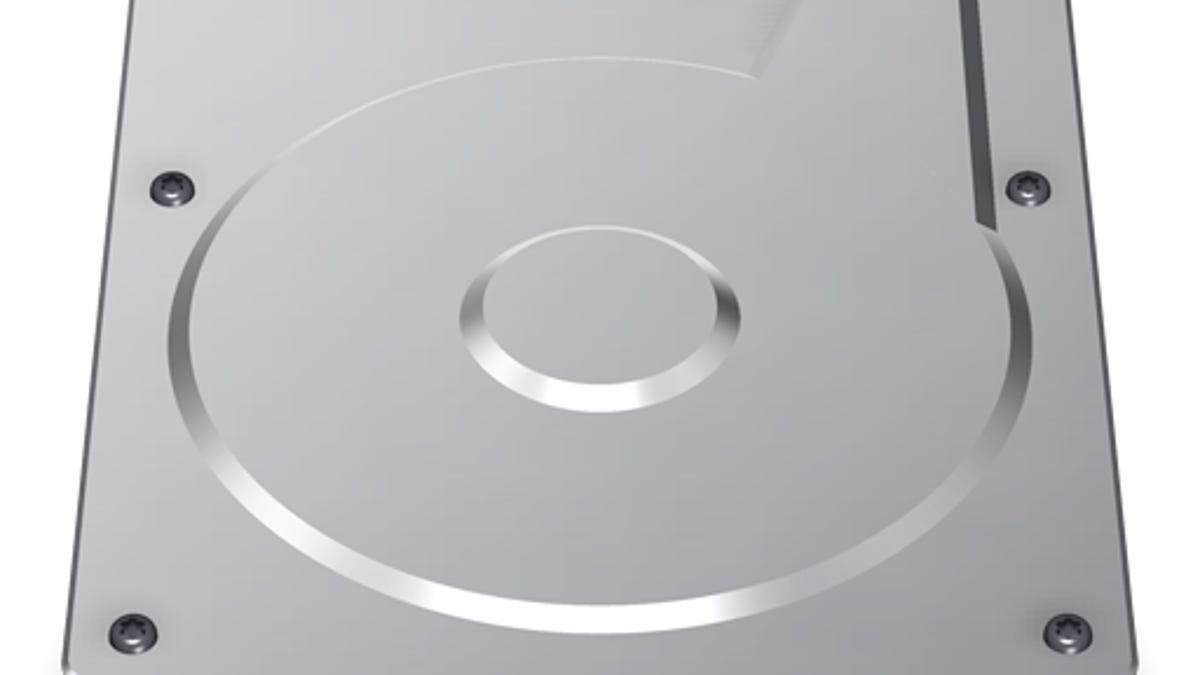Is Mountain Lion mishandling large drives?
Some people are encountering a problem in which Mountain Lion stops accessing large-capacity hard drives.

Hard drives are easily surpassing 3TB storage capacities, either individually or when used in RAID arrays, and have become attractive options for external storage on various Mac users, not only for various data libraries (i.e., iTunes and iPhoto), but also for Time Machine backups. However, some people have encountered an apparent bug in which using some drives in Mountain Lion results in partitioning errors and the inability to access data on the drives.
When the problems happen, the drive becomes inaccessible, and when checking with Disk Utility users will see an error that states, "Error: Partition map repair failed while adjusting structures to fit current whole disk size," which crops up even though no partitioning of the drive has been performed.
In some instances the drive works fine after repartitioning and formatting, but in other cases Mountain Lion's Disk Utility will not work with the drives even though users have had success in using Disk Utility from prior versions of OS X on these same drives.
Apple discussion poster Avendanio writes:
I have tried reformatting my 2TB iOmega but it still doesn't work. I connected it to 10.7 Lion and ran disk utility which reported no errors. I reformatted and connected it to 10.8.2. It worked! However, after doing the initial backup it reports that it cannot backup to the damaged disk. Disk Utility on 10.8.2 reports 'Error: Partition map repair failed while adjusting structures to fit current whole disk size.' again.
Unfortunately, regardless of whether the drives are successfully partitioned and set up again, there appears to be a limited time before they become inaccessible and show the same error when checked with Disk Utility.
If you are experiencing these problems with large external drives attached to your Mac, try some of the following potential fixes:
- Replace the drive
While this issue spans several drive makes and models, and therefore suggests there may be a bug in OS X, it is not a rampant issue in the Mac community in which all large external drives are affected. As a result, it may be a combination of use for specific makes and models with Mountain Lion, or simply a bad batch of drives. Consequently, one approach is to replace the drive with a new one (you might try a different make and model) to see if the problem persists. Some users who have done this have not experienced the problem again. - Use alternative driver management tools
Apple's Disk Utility is a good starting point for diagnosing and fixing hard-drive problems, but is a bit limited in what it can detect and fix. Therefore, you might try using an alternative such as DiskWarrior, TechTool Pro, or Drive Genius to see if you can successfully access and repair the drive with those tools. - Adjust drive sleep options
Some have suspected the problems may be from conflicts that occur when the drive goes into low power modes. To prevent the drive from entering such modes, you can ensure the option to "put hard disks to sleep when possible" is unchecked in the Energy Saver system preferences. In addition, many third-party drives include utilities from their manufacturers that can set variables to adjust when they are set to go into firmware-managed sleep modes (usually overridden by the OS' drive sleep settings, but will go into effect if the system is offline). Try installing these utilities, if available from your drive manufacturer, to see if they offer options to turn off sleep and power efficiency modes for the drives.
Questions? Comments? Have a fix? Post them below or
e-mail us!
Be sure to check us out on Twitter and the CNET Mac forums.

